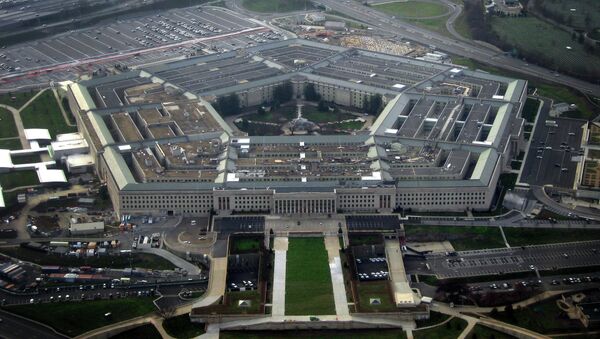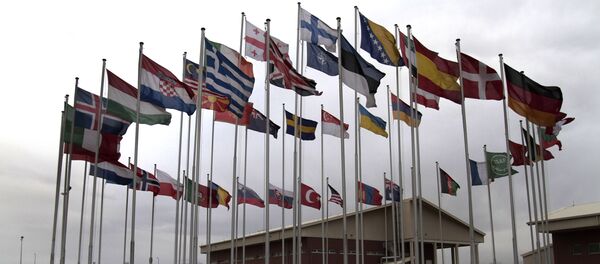"[Increase in defense spending] is unnecessary. You can take how many of the top military's in the world and you still don't add up to the United States budget," Professor of Political Science at Boston University Thomas Whalen told Sputnik. "It's really beyond all reason why it has to be so large."
On Monday, Obama announced his nearly $4 trillion fiscal year 2016 federal budget. The US president warned that he would not accept a budget proposal that included cuts to defense spending, saying that it would be "bad for our security and bad for our growth."
Whalen argued that a $585 billion defense budget is "irrational" and should not be used for more military equipment such as tanks and planes but rather "better intelligence".
"A lot of people are benefiting financially [from US defense spending], it's very profitable," Whalen said. "It just shows how deep the roots are of the defense establishment and the industry in our society. And I don't think it's necessarily for our long-term benefit."
"I believe we should spend far less on defense given our safety," National Security Research Fellow at the Cato Institute Benjamin Friedman told Sputnik. "It only fails to meet needs that are not really needs, that are really desires."
Under defense related provisions of the sequestration federal budget cut, defense spending would be cut across the board by 10 percent between 2013 and 2021, which would result in $487 billion in cost savings, according to the Department of Defense (DOD).
However, the DOD is opposed to sequestration, arguing in a 2014 report that budget cuts would hinder the US military's readiness and modernization.
"We are far ahead of those nations in military capability, especially technology, when it comes to the most likely conflict scenarios," Friedman said. "That would be true even with a smaller budget."





